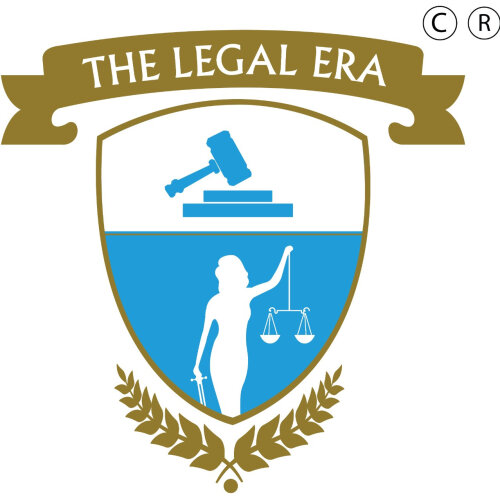Best Discrimination Lawyers in Dhaka
Share your needs with us, get contacted by law firms.
Free. Takes 2 min.
List of the best lawyers in Dhaka, Bangladesh
About Discrimination Law in Dhaka, Bangladesh
The constitution of the People’s Republic of Bangladesh guarantees the fundamental right of non-discrimination, enshrining equality before the law and equal protection for all citizens. Discrimination on the basis of race, religion, caste, sex, or place of birth is prohibited. Despite this constitutional commitment, practical cases of discrimination occur in different forms such as gender, race, religion, disability, and economic status both in social and professional spheres in Dhaka, Bangladesh. Laws exist to protect individuals and groups from such injustices and to provide mechanisms for restitution and justice.
Why You May Need a Lawyer
If you believe you are a victim of discrimination in your workplace, your community, or elsewhere, you may need a lawyer to help you. Situations may include being unduly dismissed from work on account of your gender, race, religion, or disability. Lawyers specializing in discrimination laws can guide you through local laws, assist in gathering evidence, and represent you in court or any appropriate forum.
Local Laws Overview
The Constitution of Bangladesh affords the right of equality and expressly prohibits discrimination. Additionally, several national laws target specific forms of discrimination. The Labor Act, 2006 regulates workplace equality and prohibits discrimination in employment based on sex or disability. The Disabled Welfare Act, 2001 secures the rights and privileges of people with disabilities. The Domestic Violence (Prevention and Protection) Act, 2010 provides protection against all forms of violence within domestic relationships. Finally, the Right to Information Act, 2009 promotes transparency and accountability in public bodies.
Frequently Asked Questions
What protection do I have against discrimination in the workplace?
The Bangladesh Labor Act 2006 provides protection against discrimination in the workplace on the basis of sex or disability. If you feel you are discriminated against, you can file a complaint with your company's HR department or a relevant authority.
What happens if I am discriminated against on the basis of disability?
Under the Disabled Welfare Act, 2001, your rights and privileges as a disabled person should be secured. If you are discriminated against on this basis, you should seek legal assistance for expert advice.
What can I do if I experience domestic abuse?
The Domestic Violence (Prevention and Protection) Act, 2010 is there to protect you. If you have been a victim of domestic abuse, contact a local police station or seek legal aid.
What is the Right to Information Act, 2009?
This Act promotes transparency and accountability in public bodies, which can be helpful for combating systemic discrimination.
What legal recourse do I have if I am discriminated against?
You can take it to court. Turn to legal advisors or lawyers specializing in discrimination laws for guidance. They can help you with the process, necessary documentation, and representation.
Additional Resources
For legal assistance, consider reaching out to the Bangladesh Legal Aid Services Trust (BLAST). For issues related to work discrimination, contact the Department of Inspection for Factories and Establishments (DIFE). The Bangladesh Human Rights Commission is a higher body that can provide guidance and resources about your rights and how to protect them.
Next Steps
If you need legal assistance in a discrimination case, the first step is to document the discrimination incident as accurately and timely as possible. Seek advice from a lawyer experienced in discrimination cases. File a complaint with relevant local bodies or your workplace's Human Resources department. If legal action is recommended, ensure to follow through with your lawyer's guidance.
Lawzana helps you find the best lawyers and law firms in Dhaka through a curated and pre-screened list of qualified legal professionals. Our platform offers rankings and detailed profiles of attorneys and law firms, allowing you to compare based on practice areas, including Discrimination, experience, and client feedback.
Each profile includes a description of the firm's areas of practice, client reviews, team members and partners, year of establishment, spoken languages, office locations, contact information, social media presence, and any published articles or resources. Most firms on our platform speak English and are experienced in both local and international legal matters.
Get a quote from top-rated law firms in Dhaka, Bangladesh — quickly, securely, and without unnecessary hassle.
Disclaimer:
The information provided on this page is for general informational purposes only and does not constitute legal advice. While we strive to ensure the accuracy and relevance of the content, legal information may change over time, and interpretations of the law can vary. You should always consult with a qualified legal professional for advice specific to your situation.
We disclaim all liability for actions taken or not taken based on the content of this page. If you believe any information is incorrect or outdated, please contact us, and we will review and update it where appropriate.














